Beyond the Horizon of Reality: Virtual Universes in Manga and Anime
Introduction: From Pixels to Full Immersion - The Evolution of Virtual Worlds in Japanese Pop Culture
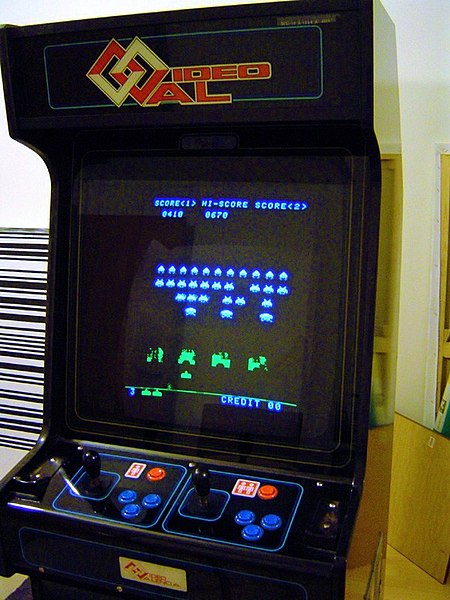
Why have virtual worlds become so magnetic for creators and audiences? In a nation long accustomed to the rapid pace of technological progress and grappling with social issues like isolation and immense societal pressures on the individual, virtual reality provided a perfect canvas to examine these phenomena and an escape from the overwhelming real world. Manga and anime focusing on virtual realities offer more than just escapism; they delve deep into what it means to be human in the digital age.
Historical Roots: When Technology Meets Imagination
Since the mid-20th century, Japan has been a technological front-runner, notably due to giants like Sony, Toshiba, and Nintendo. The technological boom of the 70s and 80s allowed the Land of the Rising Sun to lead the global technological race. TVs, gaming consoles, and computers not only symbolized Japanese dominance in electronics production but became an integral part of the daily lives of its citizens. As a result, pop culture began to mirror this technological landscape, highlighting an ever-deepening integration of technology into daily life.
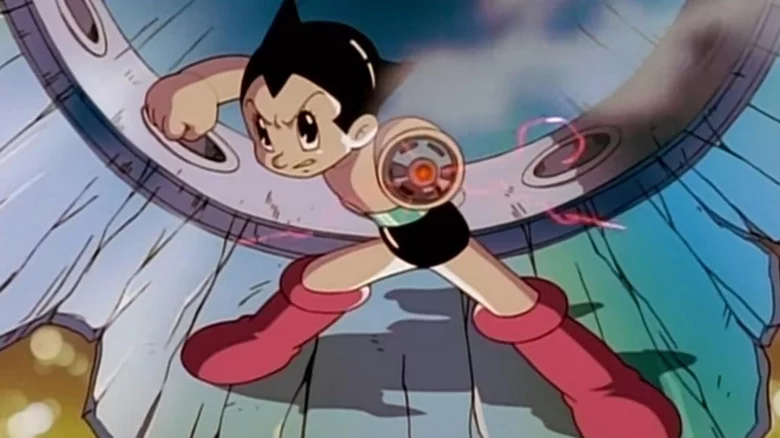
One of the first titles to delve deep into the theme of virtuality was Masamune Shirow's 1989 manga, "Ghost in the Shell." Following the tale of Motoko Kusanagi, a cybernetic detective in a futuristic world, it posed questions about the nature of human consciousness in a setting where the boundaries between flesh and machine blur increasingly.
The technological advancement in Japan led not only to the invention of new gadgets but also shaped unique narratives in manga and anime. These foundational works paved the way for today's rich virtual universes, astounding in their depth and complexity.
Iconic Titles and Their Impact: When Virtuality Becomes Reality
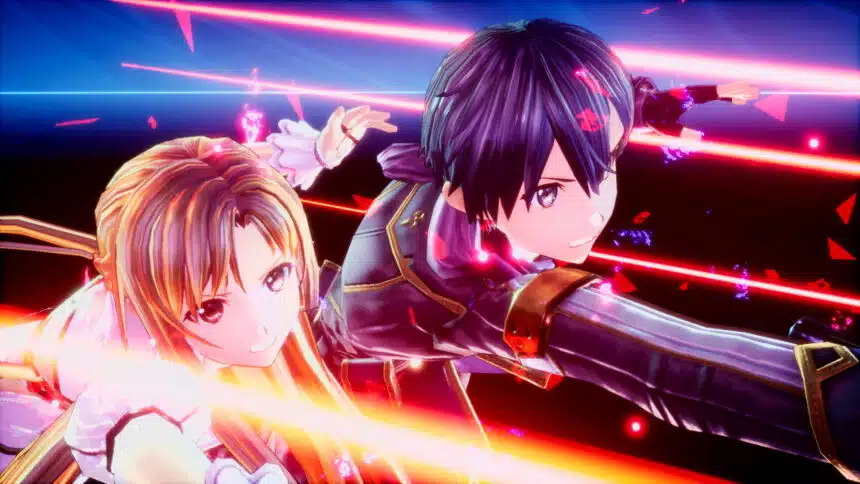
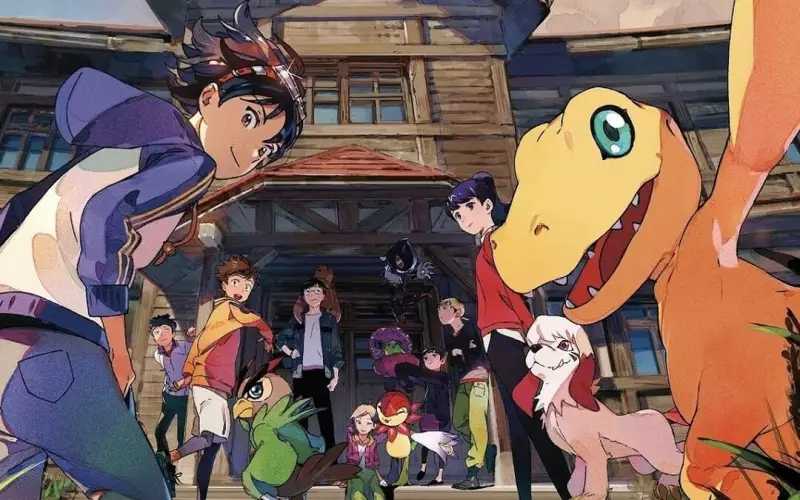
One can't overlook "Hack//Sign" either, which, like SAO, centers on life inside a virtual MMORPG. Here, the main protagonist, Tsukasa, can't log out of the game and must find a way back to reality. Throughout the anime, there are reflections on loneliness, identity, and how virtual relationships shape our perception of reality.
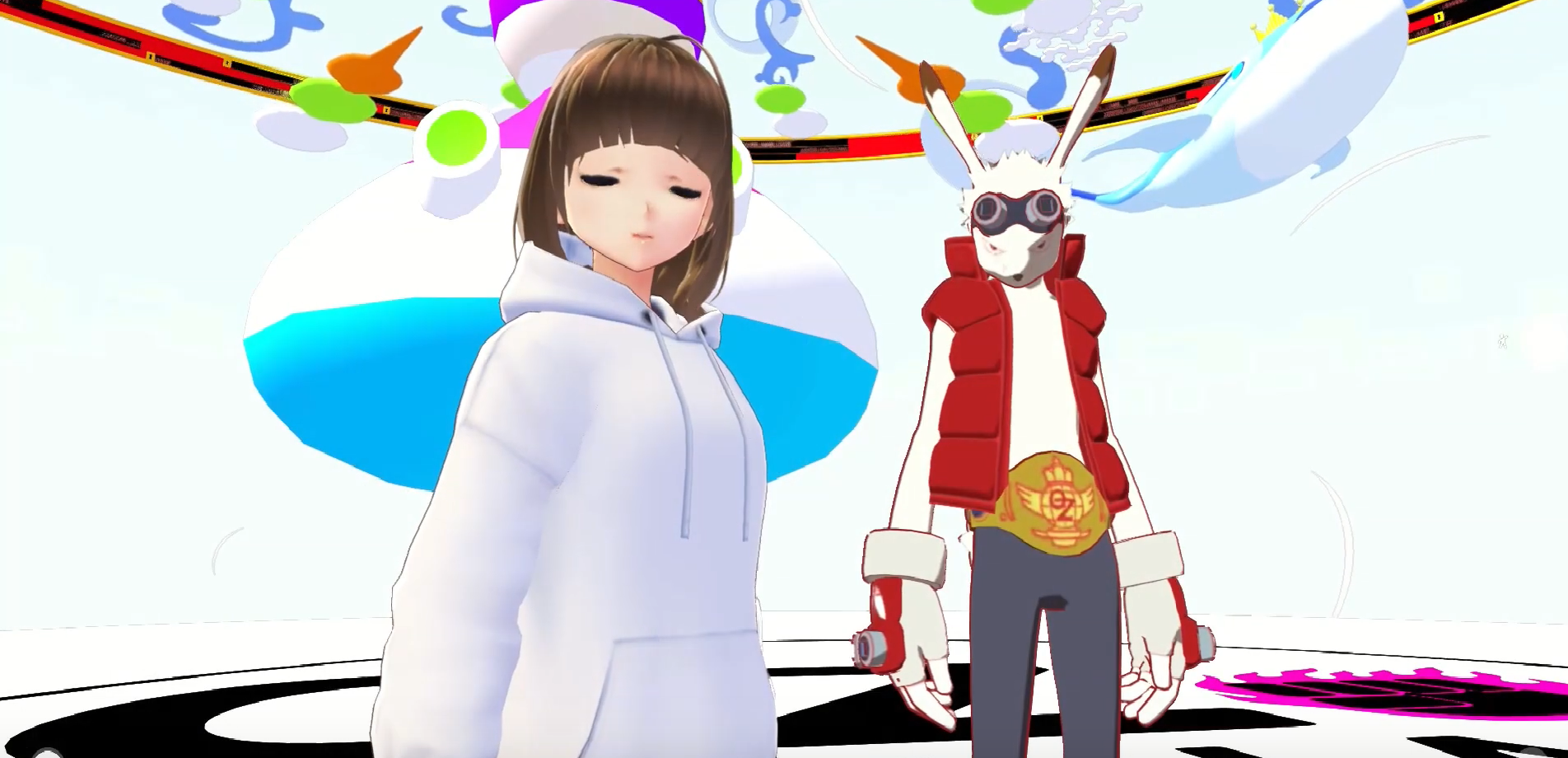
"Accel World" is another creation of Reki Kawahara, where high school students compete in the virtual game "Brain Burst." This game allows them to stop time in reality, offering immense possibilities but also leading to many conflicts.
In "Log Horizon," thousands of players get trapped in a popular MMORPG. Instead of focusing on escaping, like in SAO, the characters learn to live in their new reality, establishing guilds, developing trade, and building communities.
"Ready Player One," although not a Japanese title, deserves attention due to the influence of Japanese pop culture on its content. In a world where virtual reality serves as an escape from the grim reality, the characters compete for the legacy of the game's creator, who was a significant fan of Japanese pop culture.
In conclusion, virtual worlds in manga and anime are not merely backdrops – they are central to the plot, allowing for a deep analysis of human experience. Whether it's relationships with others, moral dilemmas, or just an adventure in the digital space, these titles demonstrate the depth and diversity of the virtual reality theme in pop culture.
Psychological and Philosophical Aspects: Where does reality end and virtuality begin?
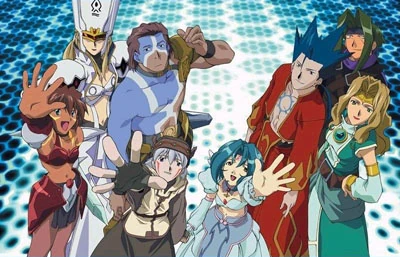
The debate over reality vs. virtuality is a cornerstone of many of these stories. Are virtual experiences, emotions, and relationships less valuable or authentic than those experienced in the real world? In "Summer Wars," when the virtual world of OZ begins to influence reality, questions arise about the boundary between these two dimensions. Meanwhile, "Ghost in the Shell" addresses the relationship between the body and the soul, or the "ghost" in the machine, questioning whether a digital identity can exist independently from the physical body.
Many of these works also touch on the topic of isolation and loneliness in the digital age. Does technology, intended to connect us, inadvertently make us feel more separated from others? "Accel World" depicts how virtual spaces can become refuges for those who feel alienated in reality. Such reflections lead to a deeper analysis of technology's impact on the human psyche and our perception of ourselves and the world around us.
Technology as Social Commentary: When Virtual Worlds Become a Mirror of Reality
Manga and anime have long utilized technological themes as metaphors for a critical look at contemporary society. In Japan, a country where over 94% of the population has internet access, and the youth spend on average over 6 and a half hours a day online (data from the 3rd quarter of 2022), the consequences of a "hyper-digital" life are more palpable than elsewhere. Pondering what this means for interpersonal relationships, identity, and values has become a crucial component of many pop culture works.
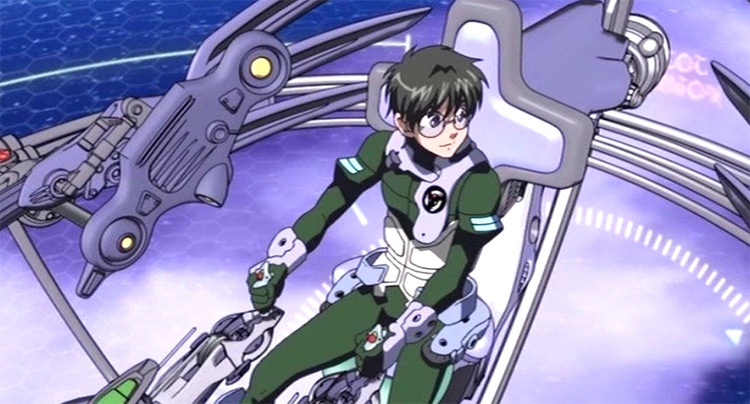
In "Ghost in the Shell," technology and cybernetic human enhancement serve as tools for reflection on humanity's trajectory. These themes are used to explore issues like the loss of individuality, memory manipulation, and pondering what it means to be human in a technological era. Manga and anime employ these digital metaphors to shed light on real social concerns and dilemmas relevant not only to Japan but globally.
Visions of Virtual Reality: From Entertainment to Reflection
Not all Japanese productions regarding virtual reality share the same tone or profound message. The difference in approach to the topic becomes evident when comparing works like "Sword Art Online" and "Ghost in the Shell".
"Sword Art Online" is an epic tale of virtual reality primarily aimed at providing viewers with thrilling adventures and engaging in-game battles. While it addresses some issues concerning relationships between players and the virtual world and the repercussions of spending too much time in this realm, its focus remains primarily on entertainment.
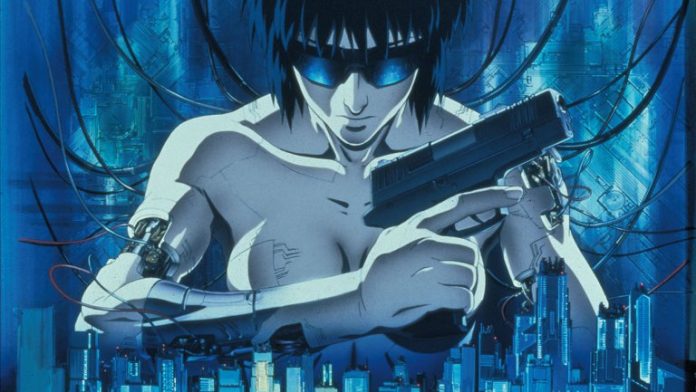
Comparing these two works illustrates the diversity and richness of Japanese interpretations of virtual reality in pop culture. From lighter, more entertainment-focused tales to profound philosophical discussions, these stories compel reflection on our place in an increasingly tech-dominated world.
"Strong Japanese Women"
see book by the author
of the page
未開 ソビエライ
An enthusiast of Asian culture with a deep appreciation for the diverse philosophies of the world. By education, a psychologist and philologist specializing in Korean studies. At heart, a programmer (primarily for Android) and a passionate technology enthusiast, as well as a practitioner of Zen and mono no aware. In moments of tranquility, adheres to a disciplined lifestyle, firmly believing that perseverance, continuous personal growth, and dedication to one's passions are the wisest paths in life. Author of the book "Strong Women of Japan" (>>see more)
Personal motto:
"The most powerful force in the universe is compound interest." - Albert Einstein (probably)
Mike Soray
(aka Michał Sobieraj)
未開 ソビエライ
An enthusiast of Asian culture with a deep appreciation for the diverse philosophies of the world. By education, a psychologist and philologist specializing in Korean studies. At heart, a programmer (primarily for Android) and a passionate technology enthusiast, as well as a practitioner of Zen and mono no aware. In moments of tranquility, adheres to a disciplined lifestyle, firmly believing that perseverance, continuous personal growth, and dedication to one's passions are the wisest paths in life. Author of the book "Strong Women of Japan" (>>see more)
Personal motto:
"The most powerful force in the universe is compound interest." - Albert Einstein (probably)
Mike Soray
(aka Michał Sobieraj)
Write us...
Ciechanów, Polska
dr.imyon@gmail.com
___________________
inari.smart
Would you like to share your thoughts or feedback about our website or app? Leave us a message, and we’ll get back to you quickly. We value your perspective!


